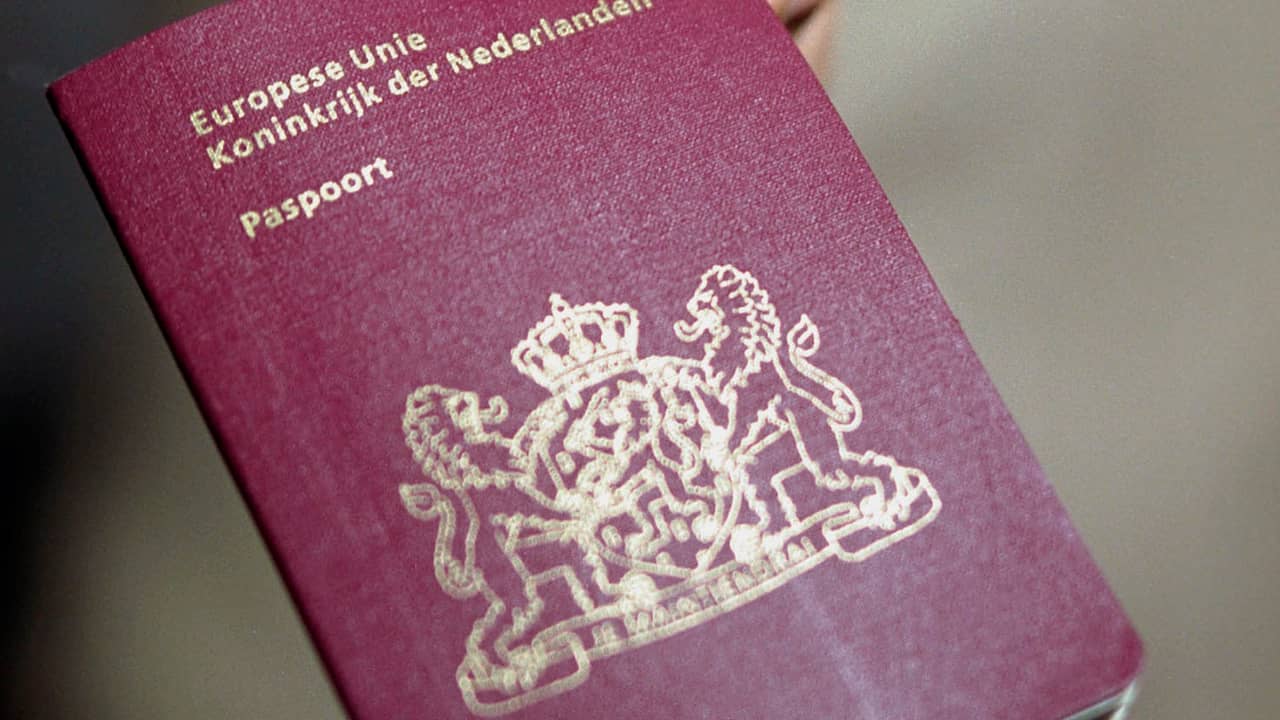Due to absenteeism and an increase in the number of passport applications just before the summer holidays, many municipalities are faced with long queues at the counters. A number of municipalities have now managed to reduce waiting times, but the problems have not been solved everywhere. This is apparent from a tour of NU.nl along ten large cities.
It AD reported at the beginning of April that many municipalities were faced with long waiting times at the civil affairs service. Now most municipalities say that those queues have been reduced, because the flu and corona wave are now over and because many municipalities have hired extra staff.
That is different in The Hague: residents there sometimes have to wait up to ten weeks before they can pick up their passport. The crowds are also noticeable on the phone, where people are sometimes on hold for twenty minutes.
The crowds at the passport desk in The Hague can also be seen at other counters of the town hall. The municipality has taken a number of measures to combat the long waiting times. For example, more staff has been hired and the town hall is also open on Saturdays, a spokesperson said.
The spokesperson says that the municipality is doing everything it can to prevent crowds. “Certainly now that we are at the beginning of the summer peak, we want to serve residents as best and quickly as possible in these busy times.”
Sick leave in Utrecht leads to long waiting times
Also in Utrecht the waiting times are still a lot longer than usual. Residents there wait about four to six weeks for their passports. Normally this is arranged within ten days.
A spokesperson tells NU.nl that this is mainly due to absenteeism, such as employees who have contracted a corona infection. “In addition, people are traveling again, which means that the number of applications is rising sharply,” said the spokesperson. “We give everyone their vacation, so we do everything we can.”
In The Hague and Utrecht, people can make urgent applications if they have to travel abroad in a hurry. The municipality assesses when something is an emergency, so a request for a holiday will not be granted quickly, the spokespersons explain.
Zoetermeer has long waiting times, Amsterdam relatively short
Waiting times are still very long in Zoetermeer. Residents there now wait nine weeks for a passport, seven weeks longer than usual.
According to the municipality, the long waiting times are due to, among other things, absenteeism among employees. Like a few other municipalities, Zoetermeer mentions the assignment for municipalities to receive Ukrainian refugees as one of the reasons why the waiting times are increasing.
In the capital, the waiting time is relatively short: an average of nine days. “This can differ during the week, because we deploy extra capacity when it becomes available,” explains a spokesperson.
Other municipalities were able to clear the backlog well
Elsewhere in the country, the waiting times seem to be not too bad. “We meet the standard waiting time of one week,” a spokesperson for the municipality of Breda said. “But often people can go within one day.” Also in Eindhoven the waiting time is only slightly longer than usual.
In a number of places, the backlogs rose considerably in April, but have now been reduced again. In Leiden, for example, where the waiting time is slightly less than three weeks. That is comparable to last year. It is striking, however, that the number of applications this year is 30 to 40 percent higher than in 2021.
Enschede also managed to clear the backlog. The waiting time there is also three weeks. “Residents of the municipality of Enschede who now plan an appointment for a passport application can go faster than residents who made an appointment a month ago, for example,” said a spokesperson.
In Nijmegen, the waiting time is now two weeks, longer than the usual five days. A month ago, however, it was still six to seven weeks. It is also busier than usual in Almere. There you wait three to four weeks for a passport.
–


